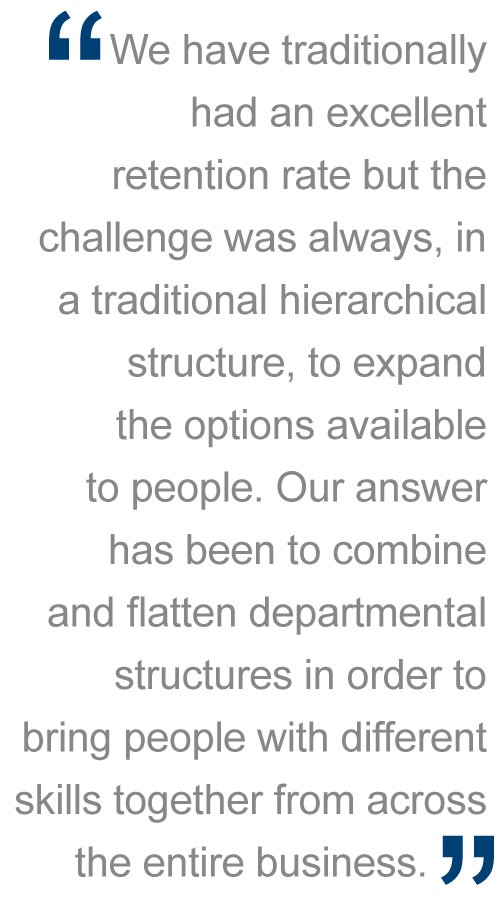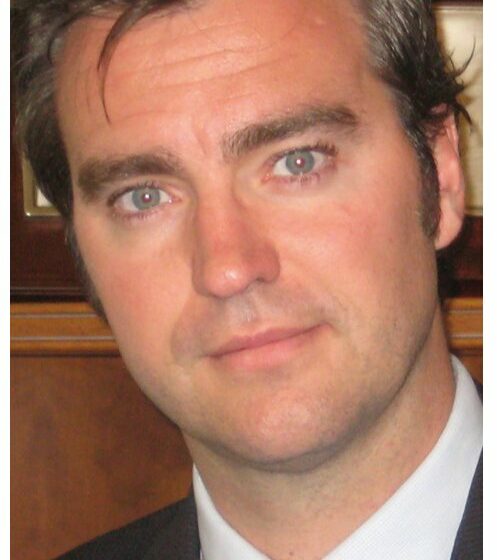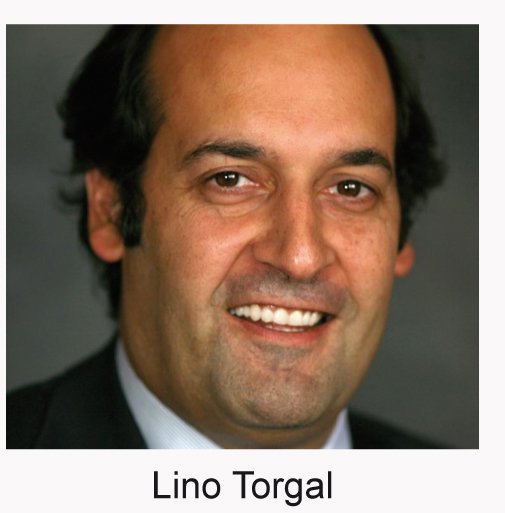A call for radical leadership change – Nokia
Nokia has undertaken a radical restructuring of its law firm roster and in-house legal team to achieve a more creative approach to legal issues
As a result of the business pressures now facing companies, in-house legal teams have to adopt new approaches to the way they fulfil their responsibilities, while legal managers also need to explore new ways to motivate and develop their teams, believes Louise Pentland, Chief Legal Officer (CLO) and Senior Vice President for Legal and Intellectual Property at Nokia.
“We have seen major technological shifts even in the time I have been with Nokia but as a business we can never stand still. We always have to look again at what we are doing, what we need to be doing, and how we can achieve it, and we are now placing our lawyers closer to the business and removing traditional managerial hierarchies.”
Pentland first joined the Finland-based telecoms giant in 1998 as part of the Nokia Networks Legal Team. She went on to become Vice-President of the Enterprise Solutions Legal Team before assuming global responsibility for legal governance and intellectual property (IP) as CLO in 2008. In February this year, she was appointed to Nokia’s Global Leadership Team.
As CLO she manages more than 370 lawyers and IP professionals across 130 countries, but more daunting, she suggests, was the roster of more than 500 law firms that Nokia used for corporate, commercial and IP matters around the world when she first took up the role.
Nokia ha emprendido una completa reestructuración de su departamento de asesoría jurídica y su lista de despachos externos habituales para conseguir un enfoque más innovador a la hora de enfrentarse a los problemas legales, cuenta Louise Pentland, Directora Legal del gigante de la telefonía móvil.
“We took an objective look at what firms could do for us and our initial goal was to cut the number of firms we used by half. This was not merely a cost-cutting exercise but about identifying the best value relationships. We had to assess the strategic merits of the firms we used and how they could help us move ahead.”
She does not however perceive the “best value” issue as a battle between law firms and their clients. A reduction in the number of law firms used means greater emphasis being placed on those that remain. But this drive for efficiency has also meant having to take a radical look at the legal team’s own responsibilities and structures, and to determine if Nokia has the right lawyers in the right places with the right skill sets.
“We have traditionally had an excellent retention rate but the challenge was always, in a traditional hierarchical structure, to expand the options available
to people. Our answer has been to combine and flatten departmental structures in order to bring people with different skills together from across the entire business.”
The intention has been to capitalise on areas of overlap, such as licensing and negotiation – the previously distinct legal and IP divisions having been merged – as well as to generate best practice among Nokia’s M&A, antitrust, litigation, and corporate security teams, who also tended to be those that most used outside counsel.
Lawyers still have their core responsibilities but they may now become involved in areas of activity well beyond their own areas of day-to-day expertise. “The intention is to offer a more flexible way of working and that enables us to re-allocate people to cope with peak work volumes without necessarily outsourcing to law firms, which brings cost savings too,” says Pentland.
Significant has been the acceptance that not all good lawyers make good managers, while a flatter organisational structure has also led to new “mentoring” and leadership opportunities, she says. “Lawyers may now choose an additional ‘career coach’ beyond their established line managers who can help guide their development. People are able to help define their own goals and trajectories, and to seek out those from whom they believe they can learn best.”
Such changes in part reflect the company-wide restructuring that has seen Nokia look to regain some of its entrepreneurial spirit as it seeks to compete with a new wave of mobile and smart phone manufacturers, as well as to expand its activities in the imaging, multimedia and networking areas.
“These changes have inevitably brought their own challenges, including overcoming the idea of there being fewer fixed hierarchies, but as an organisation you have to evolve. You don’t move out of the crisis by being a better lawyer you get out of it by being a better manager,” says Pentland.
Louise Pentland is the Chief Legal Officer and Senior Vice President for Legal and Intellectual Property at Nokia. She is a faculty member of IE Law School’s Lawyers’ Management Programme (LMP).
Subscribe now to receive your copy of Iberian Lawyer












